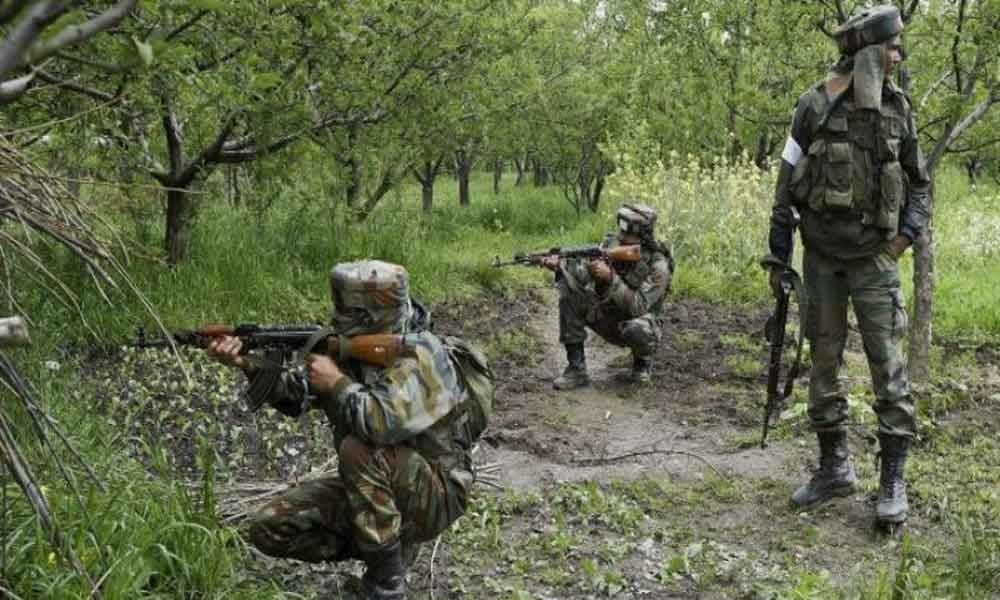The private transport operations strike in Bengaluru on September 11 had several demands made by various associations representing bus, auto, and taxi drivers. Here’s a summary of the demands and the government’s responses:
Auto-rickshaw drivers and owners’ associations:
- Demand: Auto-rickshaw drivers demanded a grant of Rs 10,000 every month. Government Response: The government did not agree to this demand, citing the high financial burden.
- Demand: Establishment of a corporation for unorganized commercial drivers and a transport development corporation. Government Response: Discussions were held with the chief minister and state congress president to establish these corporations.
- Demand: Launch a new cab aggregator app from the government’s end. Government Response: Meetings were held with e-governance officials, and a technical report was sought.
- Demand: Open the government’s subsidized Indira canteen near Kempegowda International Airport for cab drivers to access lower-cost food. Government Response: The BBMP chief commissioner was informed to implement this suggestion.
Taxi owners and drivers association:
- Demand: Implement a nine percent lifetime tax on vehicles worth Rs 15-20 lakh. Government Response: The government refused this demand.
- Demand: Provide subsidies to drivers for buying new cars. Government Response: The government stated that there are existing schemes from companies that provide such subsidies, and they will consider specific suggestions.
- Demand: Provide student scholarships for drivers’ children. Government Response: The Vidya Nidhi scheme was implemented, providing funds for yellow board drivers’ children after they pass Class 10.
Bus owners’ and drivers’ demands:
- Demand: Withdraw the Shakthi scheme (free bus travel for women) and remove road tax. Government Response: The government did not agree to this demand.
- Demand: Reduce the entrance fee of buses in Kalasipalyam private bus stand. Government Response: A decision was made to collect Rs 50 per day for buses entering the Kalasipalyam bus stand.
- Demand: Reduce road tax on tourist and contract carriage buses. Government Response: The chief minister will take a decision on this issue.
Cases pending before the court:
- Demand: Ban Rapido, a bike taxi aggregator in the state. Government Response: The government discussed the issue with the advocate general and plans to revoke the court’s stay order.
- Demand: Ban companies like Ola and Uber, which are collecting more than 5 percent commission in Karnataka. Government Response: The matter is pending before the court, and cab aggregators are allowed to collect a 10 percent commission according to an interim court order.
- Demand: Take action against Ola and Uber for charging exorbitant prices to customers. Government Response: The government asked cab aggregators to submit a report to implement uniform pricing for all vehicles.
Other demands:
- Demand: Direct police to initiate action against finance companies and banks that illegally seize vehicles. Government Response: The government said that specific suggestions related to finance matters would be looked into.
- Demand: Take action against Zomato and Swiggy delivery executives for traffic violations. Government Response: More than 50 cases have been registered against Swiggy and Zomato for violating the Motor Vehicle Act.
- Demand: Ban e-rickshaws’ direct registrations by Rapido, Ola, Uber, and other online platforms. Government Response: The government suggested that those with e-rickshaw driving licenses can be given vehicle registrations









